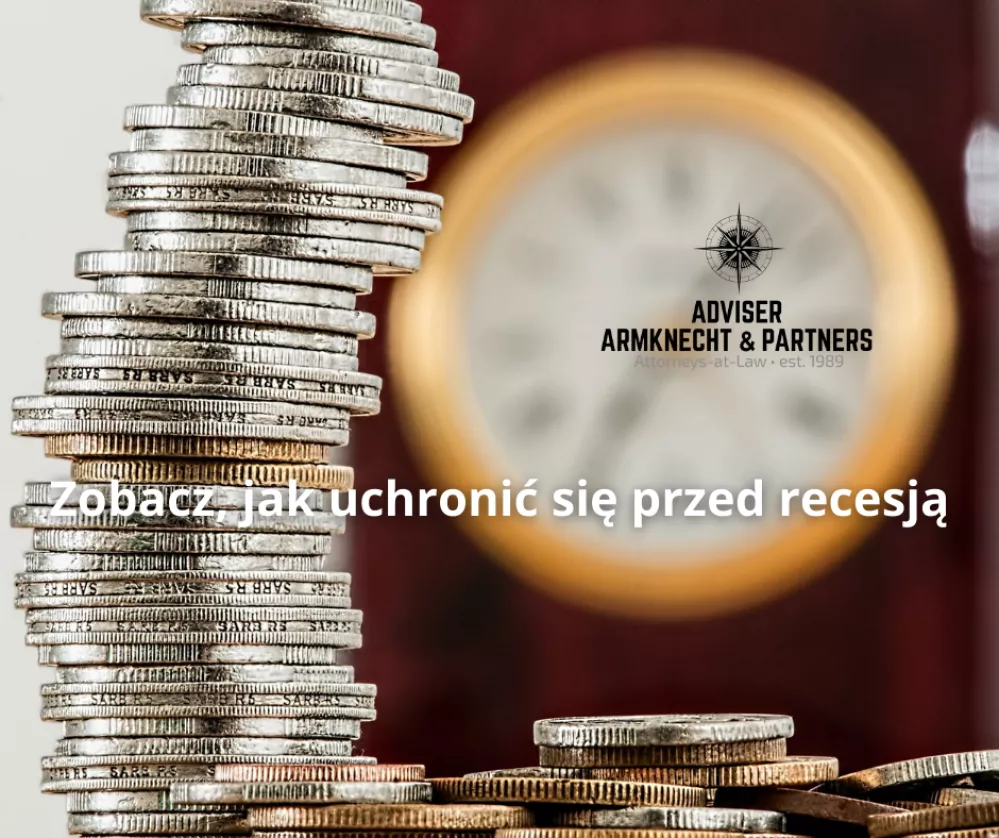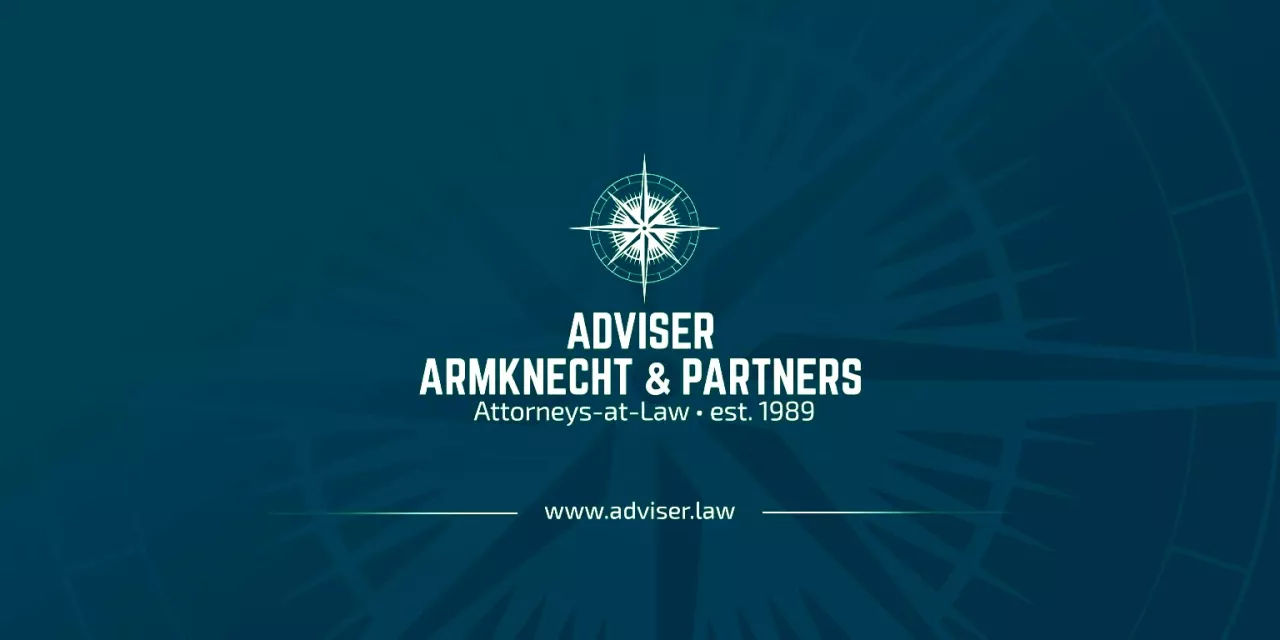The CAS Procedural Rules (CAS - Court of Arbitration for Sport / TAS - Tribunal arbitral du sport, Lausanne Tribunal of Arbitration for Sport) apply to all proceedings pending before CAS. However, proceedings before the CAS are, in principle, admissible when the parties have agreed to refer the sports dispute to the CAS. Such a reference may result from an arbitration clause contained in the contract or regulations or from a subsequent arbitration agreement (ordinary arbitration proceedings) or may consist, for example, in the statutes or regulations of these bodies or a specific contract provides for the possibility of appealing to the CAS (appellate arbitration proceedings). Such disputes may relate to matters of principle relating to sport or to matters relating to pecuniary or other interests relating to the practice or development of sport and may include, more generally, any activity or matter relating to or connected with sport. In other cases, CAS does not have jurisdiction to decide the sport.
A similar situation occurs in the case of other sports arbitration tribunals and representative arbitration courts: FIFA Football Tribunal, BAT - Basketball Arbitral Tribunal, and others.


 Wstecz
Wstecz 
